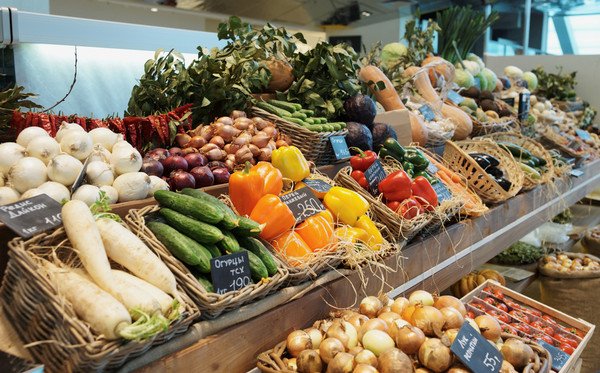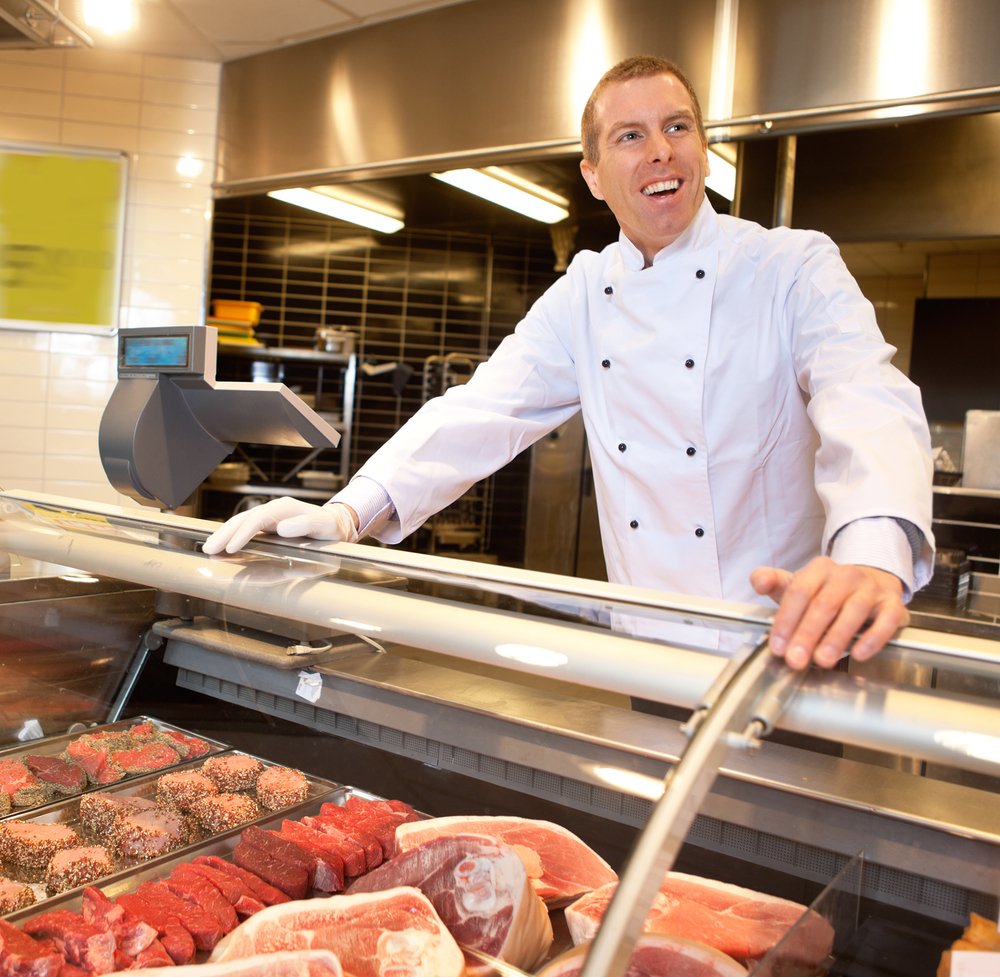This spring it will be ten years since the regulation that unified legislation regulating compulsory implementation of HACCP system into food premises has entered into force within the EU. Long-time process of integrating the American invention into European food law was accomplished. A good opportunity to think about what the concept brought for inhabitants of the old continent, what problems it has solved and, on the other hand, what problems it could not fully solve.
Search term must have more than 2 characters.




